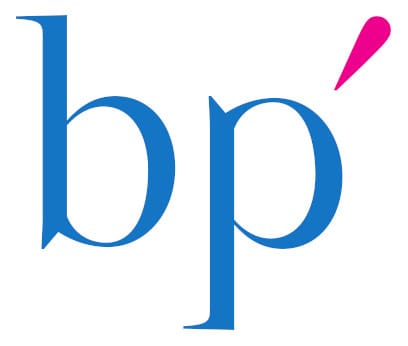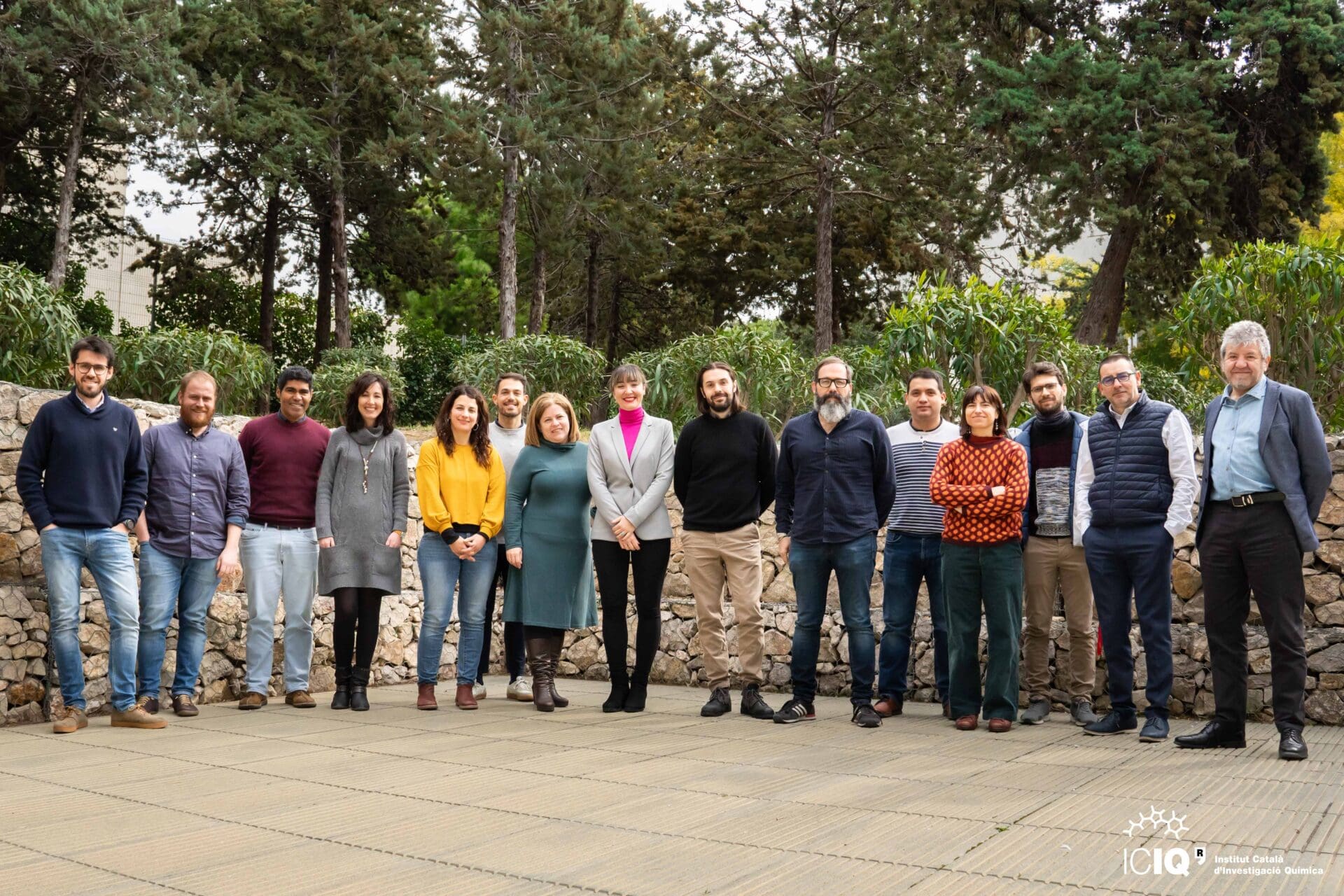ICIQ has been awarded 6 projects in the “Generación de Conocimiento 2023” call by the State Research Agency (AEI)

The Institute of Chemical Research of Catalonia (ICIQ-CERCA) has been awarded 6 projects in the “Generación de Conocimiento 2023” call funded by the State Research Agency (Agencia Estatal de Investigación – AEI, Ministerio de Ciencia, Innovación y Universidades). The purpose of the call is to finance the implementation of research projects aimed both at promoting the generation and significant advancement of scientific knowledge and research of proven quality and to address some of the most pressing societal challenges of our time, such as climate change, energy sustainability and resource scarcity.
The six projects awarded to ICIQ are:
AVANT-GARDE – Advancing Metal-Assisted Transformations of Functionalized Heterocycles into Novel Stereodefined Scaffolds (REF. PID2023-149295NB-I00)
Led by Prof. Arjan Kleij, the AVANT-GARDE project focuses on transforming vinyl-, alkynyl, and allene-appended heterocyclic substrates into stereodefined synthons with value in fine-chemical and pharmaceutical development programs. Utilizing transition metal catalysis, particularly base metals like Ni, Co, and Cu, and photocatalysts to assist these protocols.
The project builds on the previous experience of the Kleij group and aims to develop new synthetic methods for creating valuable, stereodefined small molecules that could benefit both academic and industrial applications.
COMET – Expanding the chemical space of cobalt synthetic and mechanistic tactics: From Fundamentals to Catalysis (REF. PID2023-146130NB-I00)
The COMET project, managed by Prof. Monica H. Pérez-Temprano aims to innovate transition metal-catalyzed CH functionalization and cross-coupling reactions using cobalt catalysts. By exploring open-shell catalysis and the chemistry of low-valent cobalt analogues, the project seeks to address fundamental and synthetic challenges in organometallic catalysis.
The goal is to uncover new reaction manifolds and reactivity patterns, providing practical and sustainable solutions for chemical processes and expanding the use of cobalt catalysts in both academic and industrial settings.
COMPLEXSIM – Computational simulation of complex reaction mixtures (REF. PID2023-153344NB-I00)
Prof. Carles Bo is directing the COMPLEXSIM project, which aims to develop new computational methods for studying complex reactive mixtures of metal oxide species in solution, focusing on polyoxometalates. By utilizing density functional theory (DFT) methods to determine phase speciation diagrams, the project will construct micro-kinetic models to compare with experimental results.
Additionally, the project will explore the effects of solvent, temperature, and pressure on phase speciation, develop methods for treating redox reactions in multi-oxidation state systems, and employ ML/AI techniques to accelerate new material discovery.
ForcING – Understanding the reactivity of mechanical force-responsive systems: a (macro)molecular engineering approach (REF. PID2023-149497NA-I00)
Dr. José Berrocal oversees the ForcING project, which explores polymer mechanochemistry, focusing on mechanophores—molecules that respond to mechanical forces by changing properties such as color. The project aims to synthesize new mechanophores and incorporate them into various polymer matrices to create a library of molecules and materials.
By quantitatively assessing mechanophore activation efficiency, the project seeks to advance the understanding of mechanochemical responses and develop materials with tailored mechanical and optical properties for diverse applications.
MECHAPHOTOCOMP – Exploring mechanochemistry and photocatalysis with the tools of computational homogeneous catalysis (REF. PID2023-149479NB-I00)
Prof. Feliu Maseras leads the MECHAPHOTOCOMP project, aiming to improve the understanding of mechanochemistry and photocatalysis through computational chemistry, optimizing processes for cleaner and more efficient chemical synthesis. By combining quantum chemical calculations and microkinetic modeling, the project seeks to overcome limitations of traditional thermal chemistry and explore new reaction dimensions.
The goal is to develop computational schemes for mechanochemistry and photocatalysis that can be applied to solve specific problems and enhance the variety of available reactions.
MOCACUBE – Molecular Clefts, Cavitands and Cages derived from Calix[4]pyrroles: Synthesis and Studies of their applications (REF. PID2023-149233NB-I00)
Under the guidance of Prof. Pau Ballester, MOCACUBE will aim to synthesize unique molecular clefts, cavitands, and self-assembling molecular cages based on calix[4]pyrrole units. These structures will be tailored to act as molecular containers for polar substrates, with potential applications in sensing and catalysis.
The project will explore the control of cavity volume and portal size, study complex formation with various compounds, and evaluate the enzyme-like properties of these cages in chemical reactions, aiming to enhance reaction efficiency and selectivity.
The “Proyectos de Generación de Conocimiento” are funded by MCIU/AEI/10.13039/501100011033/FEDER, UE

Related news

Let's create a brighter future
Join our team to work with renowned researchers, tackle groundbreaking
projects and contribute to meaningful scientific advancements






 30-05-2024
30-05-2024 


















